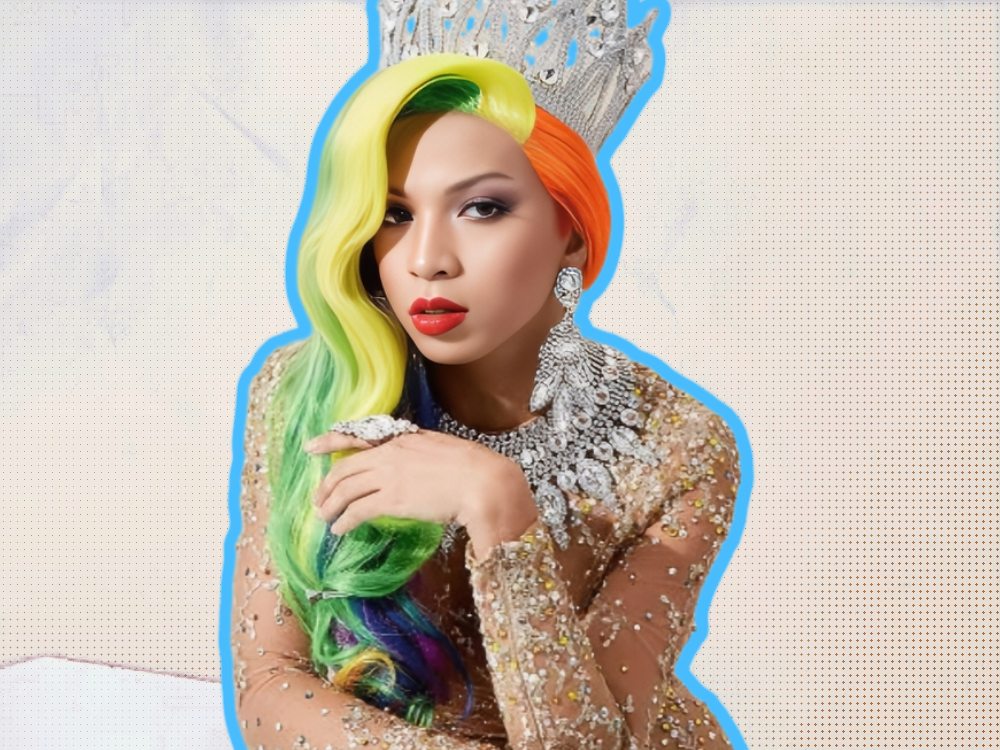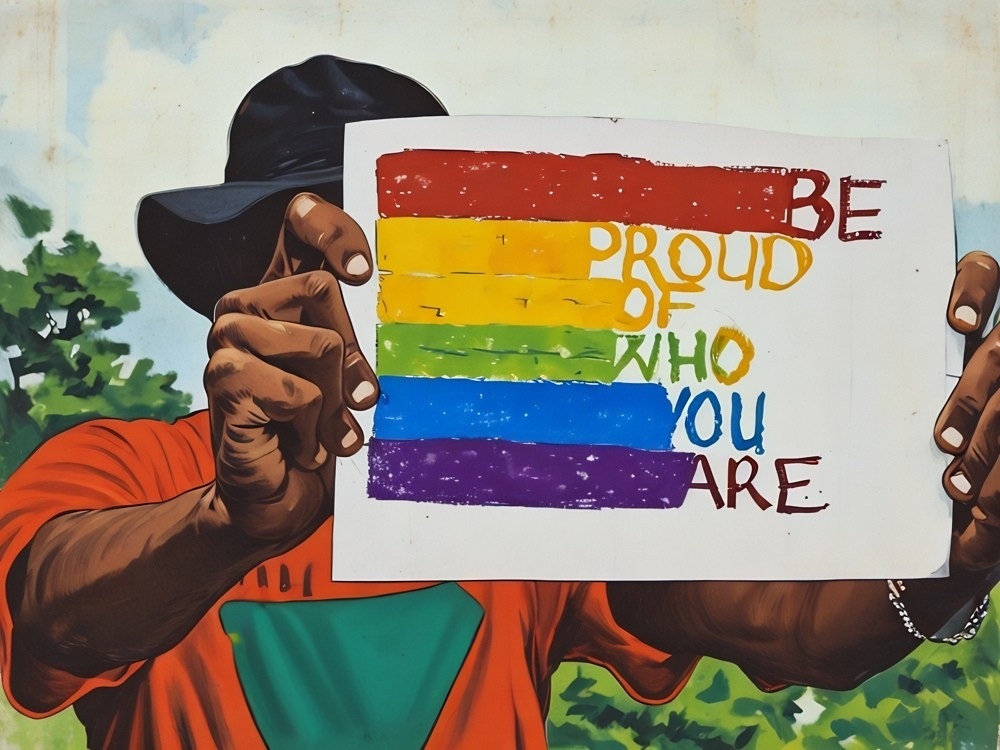Moviegoers in China have reported that a same-sex couple featured in the horror film Together has been digitally altered in the Chinese release to appear heterosexual. According to Bloomberg News, the scene in question originally featured a same-sex wedding between two men — but in the Chinese version, one of the men’s faces was reportedly replaced with that of a woman, seemingly using AI-generated imagery.
Directed by Michael Shanks and starring real-life couple Dave Franco and Alison Brie, Together uses the wedding scene to deliver important plot revelations. The change has reportedly made those moments confusing or inconsistent for Chinese audiences.
In addition to the AI gender swap, some heterosexual sex scenes were also removed from the Chinese cut of the film, according to Yahoo! News.
Growing Backlash in China
Reaction to the altered version has been swift. Users on Douban — a popular Chinese film review platform similar to IMDb — have criticised the decision with sarcastic commentary.
“That’s great!” one user wrote. “We can re-release Brokeback Mountain, God’s Own Country, Lan Yu, and Happy Together, and use AI to remake them into heterosexual romances with just one click. That’s faster and better than taking Chinese medicine! We’re so beautiful here! We have hope!”
The backlash prompted the film’s Chinese distributor to delay its wide release, just one day before it was scheduled to premiere last week.
Censorship Isn’t New — But AI Raises the Stakes
China has long enforced strict censorship policies in entertainment. In 2016, the government introduced guidelines banning what it called “abnormal sexual behaviour” in film and television, a category broadly understood to include LGBTQ+ content.
In 2019, the Chinese cut of Bohemian Rhapsody — the Oscar-winning biopic of Queen frontman Freddie Mercury — had approximately two minutes removed, including:
- Gay kiss scenes
- A discussion of Mercury’s sexuality
- The band’s drag performance in the “I Want to Break Free” music video
While censorship has always been a factor in international film distribution, the use of AI to actively rewrite identities is a growing concern for human rights advocates and creators alike.


































